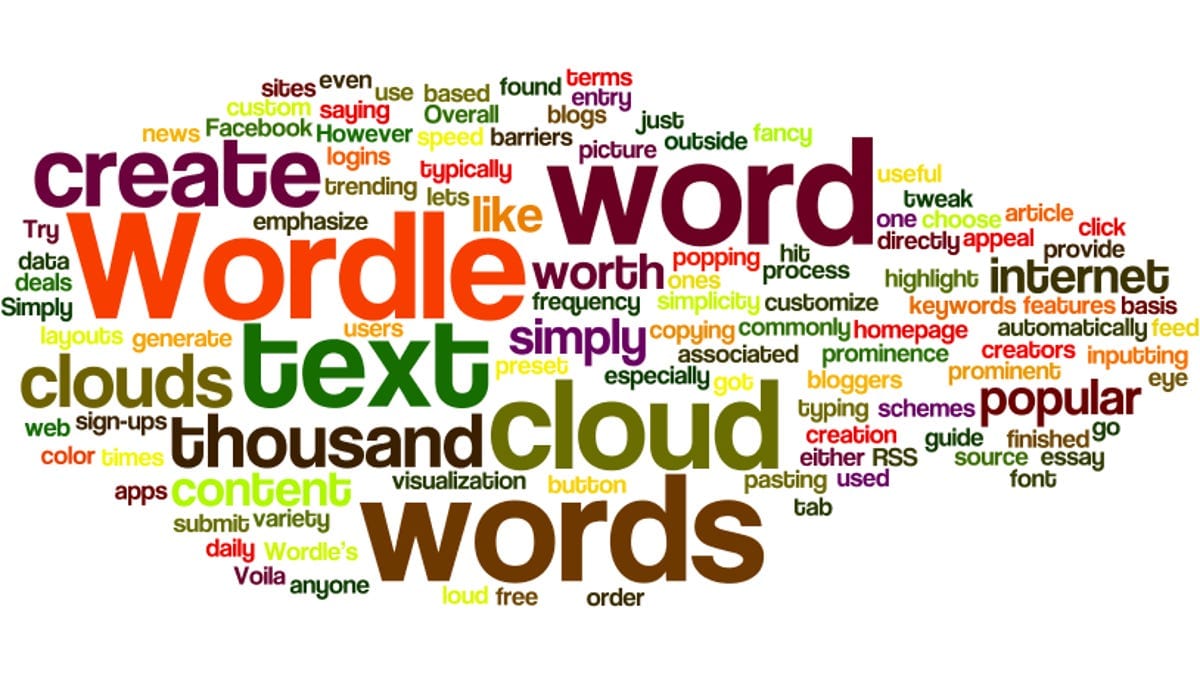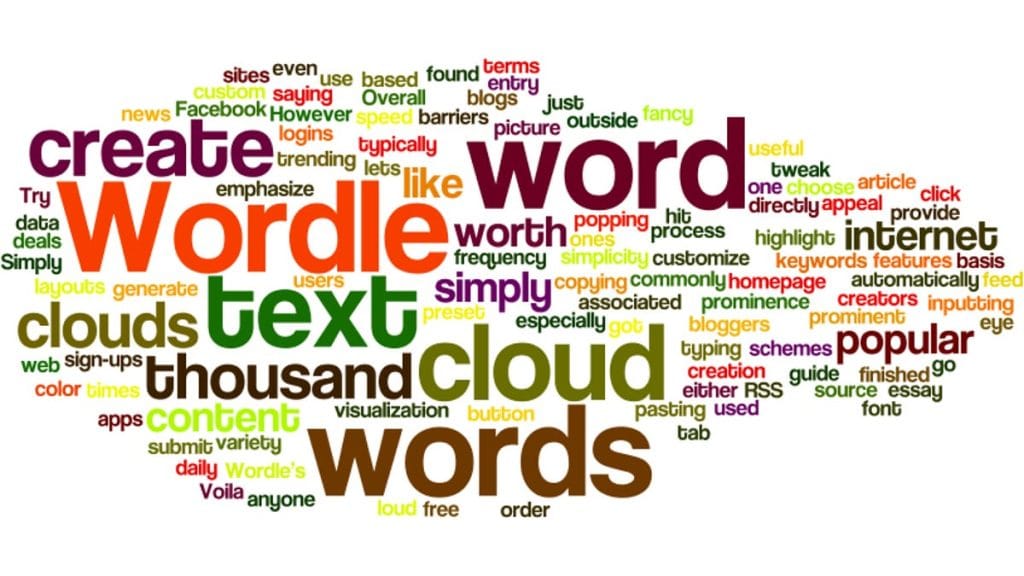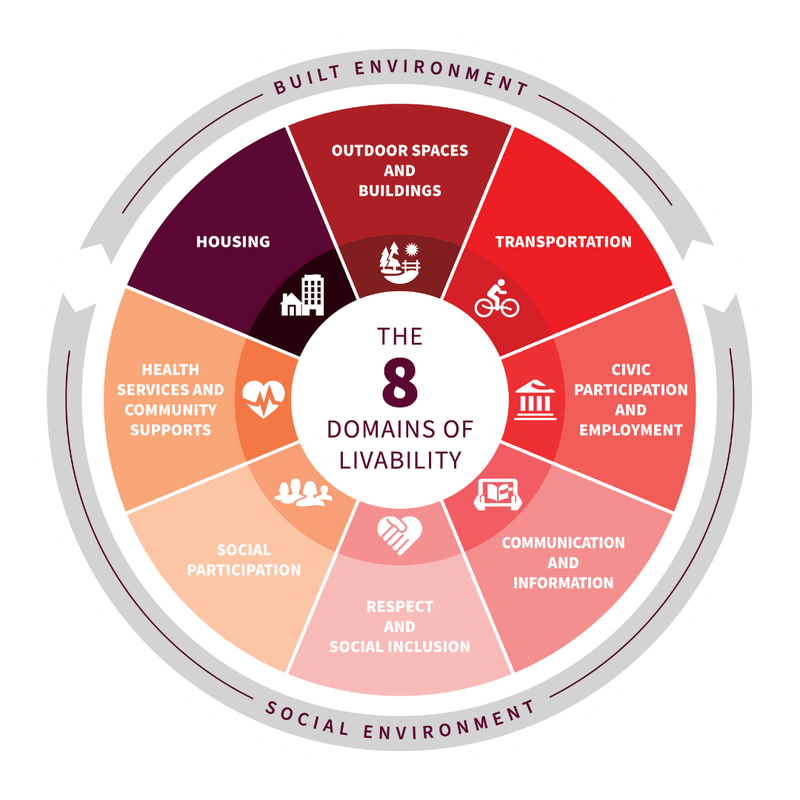Survival of the ‘word artist:’ Making money as a writer
O P I N I O N FORWARD FOCUS By Brian Chicoine I am often asked what I “do.” I am first and foremost a sarcastic guy who answers with something like, “I’m a sit-down comedian,” or “I collect and refurbish sticks and resell them as nature swords.” I usually get a very confused look … Read more [http:/

O P I N I O N
FORWARD FOCUS
By Brian Chicoine


I am often asked what I “do.” I am first and foremost a sarcastic guy who answers with something like, “I’m a sit-down comedian,” or “I collect and refurbish sticks and resell them as nature swords.” I usually get a very confused look from the person asking me, especially if they are younger GenZ, (born between 1997-2010), or even some older GenAlpha, (born between 2011-2024). Some early Millennials, (1981-1996), get sarcasm, but the art of sarcasm started to die during that generation. So working with youth between 6th and 12th grade limits my comedy (probably a good thing anyway). I’m GenX, (1965-1980), I lived when sarcasm was king and Saturday Night Live was funny. But I digress.
What I really do for a job is write. Whenever I’m done being sarcastic, and tell them that I’m a writer, people often look at me with the “you have no future” nod, while saying “ohhhh.” So I thought that I’d dedicate this week’s edition of Brian’s Rambling…I mean Forward Focus…to talk about how many people are making a good living as writers.
When people think of writing, they first think of journalism. While journalism has taken a hit, there are still great places to find solid journalism, (like the Manchester Ink Link and InDepth NH). But let’s face it, to make a solid living as a journalist who simply writes articles is hard…not impossible, but hard. But there are writing careers where a person can make a lot of money. Some of these careers are listed below, Aside from what is listed below, there is Script Writing, Playwriting, Song Writing, Speech Writing, and Ghostwriting. Something like Script Writing can be for movies and shows, but can also be for commercials or even part of an overall Social Media strategy (such as writing for Instagram or Facebook stories, as well as Reels and Shorts, and TikTok or YouTube Videos to name a few. Short messages that promote a person or product).

The Writer’s Roadmap to Making Money: Exploring Copywriting, Content Writing, Email & Text Marketing, and Social Media Engagement
The dream of making a living through writing is something many aspiring writers share. Whether you’re a creative soul who thrives on the written word or someone looking to leverage their communication skills, the modern world offers a plethora of opportunities to make money as a writer.
1. Copywriting: The Art of Persuasion
Copywriting is one of the most profitable niches in the writing industry. At its core, copywriting is the art of writing persuasive content that motivates the reader to take action, such as purchasing a product, signing up for a service, or clicking a link.
Understanding Copywriting
Copywriting is more than just writing—it’s about selling. Successful copywriters understand human psychology and use that knowledge to craft messages that resonate with the target audience. The key elements of effective copywriting include:
- Clarity: Your message must be clear and easy to understand.
- Conciseness: Copy should be succinct; every word must serve a purpose.
- Persuasion: The copy should address the reader’s pain points and offer a solution.
- Call to Action (CTA): A strong CTA is crucial in guiding the reader towards the desired action.
Types of Copywriting
- Sales Copy: Used in advertisements, sales pages, and brochures, this type of copy is designed to convert leads into customers.
- SEO Copywriting: Writing optimized content that ranks well on search engines while still being persuasive and engaging.
- Product Descriptions: Crafting compelling descriptions that highlight the features and benefits of a product.
- Ad Copy: Short, punchy content used in online and offline advertisements to capture attention quickly.
How to Succeed in Copywriting
- Study the Market: Understand your target audience and competitors. This insight will help you craft more compelling messages.
- Master the Art of Headlines: Headlines are the first thing readers see. A captivating headline can make or break your copy.
- Practice Persuasion: Learn techniques like scarcity, social proof, and authority to enhance your persuasive writing.
- Build a Portfolio: Start by writing sample copy for real or imaginary clients. A strong portfolio is crucial to attracting paying clients.
- Stay Updated: The digital landscape evolves rapidly, so staying informed about the latest trends in marketing and advertising is essential.
2. Content Writing: Inform, Educate, and Entertain
Content writing differs from copywriting in that its primary goal is to inform, educate, or entertain rather than directly sell. Content writing is essential for blogs, websites, eBooks, white papers, and more.
Understanding Content Writing
Content writing involves creating well-researched, valuable, and engaging content that addresses the needs and interests of the target audience. This content can take various forms:
- Blog Posts: Informative articles that answer questions, provide solutions, or share insights.
- Website Content: Pages like About Us, Services, and FAQs that explain a company’s offerings and values.
- eBooks and White Papers: In-depth resources that showcase expertise on a particular topic.
- Case Studies: Detailed analysis of how a product or service solved a specific problem for a client.
Keys to Effective Content Writing
- Know Your Audience: Tailor your content to the needs, preferences, and pain points of your target readers.
- Focus on Value: Provide information that is useful, actionable, and relevant to your audience.
- SEO Best Practices: Incorporate relevant keywords naturally, optimize meta tags, and ensure your content is easy to read and navigate.
- Consistency: Regularly publishing content keeps your audience engaged and boosts your online presence.
- Engagement: Encourage readers to interact with your content through comments, shares, and subscriptions.
How to Succeed in Content Writing
- Hone Your Writing Skills: Focus on clarity, coherence, and conciseness. Good grammar and punctuation are essential.
- Research Thoroughly: High-quality content requires in-depth research. Ensure your sources are credible and up-to-date.
- Develop a Niche: Specializing in a particular industry or type of content can set you apart from the competition.
- Network with Industry Experts: Building relationships with experts can help you gain insights and access opportunities for guest posting or collaboration.
- Create a Blog: Starting your own blog allows you to showcase your writing style, build an audience, and attract clients.
3. Email & Text Marketing: Direct and Personal Communication
Email and text marketing are powerful tools for businesses to communicate directly with their audience. These channels are highly effective for nurturing leads, building customer relationships, and driving sales.
Understanding Email & Text Marketing
Both email and text marketing involve sending targeted messages to a list of subscribers. The key is to create personalized, relevant content that resonates with the recipient and prompts them to take action.
Types of Email & Text Marketing Content
- Newsletters: Regular emails that keep subscribers informed about industry news, company updates, and special offers.
- Promotional Emails: Focused on a specific promotion, such as a sale, new product launch, or special event.
- Automated Campaigns: Drip campaigns that send a series of pre-written emails or texts to guide the recipient through a sales funnel.
- Transactional Emails: Sent in response to an action the recipient has taken, such as a purchase confirmation or password reset.
- SMS Promotions: Short, time-sensitive messages sent via text to encourage immediate action, like redeeming a coupon or attending an event.
Keys to Effective Email & Text Marketing
- Segmentation: Divide your audience into segments based on behavior, interests, or demographics to send more targeted messages.
- Personalization: Use the recipient’s name and tailor the content to their preferences and past interactions.
- Compelling Subject Lines: An enticing subject line is crucial for increasing open rates in email marketing.
- Clear CTAs: Whether it’s clicking a link, making a purchase, or attending an event, your message should have a clear and compelling call to action.
- Compliance: Ensure your email and text campaigns comply with regulations like GDPR and CAN-SPAM to avoid penalties.

How to Succeed in Email & Text Marketing Writing
- Master the Tools: Familiarize yourself with email marketing platforms like Mailchimp, Constant Contact, or Klaviyo, and SMS tools like Twilio or SlickText.
- Write with Precision: Given the limited space, especially in text marketing, every word counts. Focus on being concise and impactful.
- Test and Optimize: Use A/B testing to determine which subject lines, CTAs, and content types perform best.
- Analyze Metrics: Monitor open rates, click-through rates, and conversion rates to gauge the effectiveness of your campaigns and make data-driven decisions.
- Build and Maintain Your List: Growing your subscriber list organically ensures you’re reaching people genuinely interested in your content. Avoid buying lists, as they often lead to low engagement and high unsubscribe rates.
4. Social Media Engagement: Building a Brand Presence
Social media is a vital platform for businesses and individuals alike to build and maintain a brand presence. Writing for social media involves creating engaging content that resonates with followers and encourages interaction.
Understanding Social Media Engagement
Social media writing is not just about posting updates; it’s about engaging with your audience, creating a community, and fostering brand loyalty. Effective social media content can take many forms:
- Posts and Status Updates: Short, compelling messages that keep followers informed and entertained.
- Stories and Reels: Visual content that engages users through creativity and storytelling.
- Comments and Replies: Direct interaction with followers to build relationships and enhance engagement.
- Polls and Quizzes: Interactive content that encourages user participation and feedback.
- Contests and Giveaways: Campaigns designed to increase visibility and attract new followers.
Keys to Effective Social Media Engagement
- Understand the Platform: Each social media platform has its own audience and best practices. Tailor your content to fit the platform, whether it’s X’s, (formerly Twitter), brevity, Instagram’s visual focus, or LinkedIn’s professional tone.
- Post Regularly: Consistency is key to staying top-of-mind with your audience. Develop a content calendar to plan and schedule posts.
- Engage with Followers: Respond to comments, messages, and mentions. Active engagement shows that you value your audience and helps build a loyal community.
- Use Hashtags Wisely: Hashtags can increase your content’s visibility, but they should be relevant and not overused. According to the social media management company Later, you should only use 3-5 hashtags per post.
- Analyze and Adapt: Use social media analytics tools to track the performance of your posts. Adapt your strategy based on what works best.
How to Succeed in Social Media Writing
- Stay Trendy: Social media is fast-paced. Stay updated on the latest trends, memes, and news relevant to your audience.
- Be Authentic: Authenticity resonates more with audiences than overly polished content. Show the human side of your brand.
- Create Visual Content: Pair your writing with eye-catching visuals. Use tools like Canva or Adobe Spark to create appealing graphics and videos.
- Collaborate with Influencers: Partnering with influencers can expand your reach and lend credibility to your brand.
- Measure Engagement: Track likes, shares, comments, and follower growth to gauge your social media success. Use insights to refine your strategy and improve engagement.
Conclusion: Navigating the Writing Industry
Making money as a writer is not only possible but also achievable with the right skills and strategies. Whether you choose to specialize in copywriting, content writing, email and text marketing, or social media engagement, each path offers unique opportunities to generate income.
Building Your Writing Career
- Diversify Your Skills: Don’t limit yourself to one type of writing. By mastering multiple forms, you increase your marketability and income potential.
- Continuous Learning: The writing and digital marketing landscapes are constantly evolving. Stay ahead by continuously learning and adapting to new trends and technologies.
- Networking: Join writing communities, attend workshops, and connect with other professionals in your field. Networking can lead to referrals, collaborations, and new opportunities. Having a LinkedIn account is a great way to both network and promote the services that you provide.
- Freelancing vs. Full-Time: Consider whether freelancing or a full-time position suits your lifestyle and career goals.
- Set Clear Goals: Define what success looks like for you, whether it’s earning a certain income, publishing a book, or building a personal brand. Setting clear goals will help you stay focused and motivated.
Join a trade Organization
The best thing that one can do, especially if new to the industry, is to join a trade organization. Being part of a trade organization allows a person to learn and develop new skills, network, and find work, to name a few things. The premier writing organization, American Writers and Artists Institute, (AWAI), is free to join, and offers both free and paid resources, classes, and webinars, to help writers along in their careers. The people at AWAI are practitioners with many years of experience in their specific niche.

Artificial Intelligence and Writing
Contrary to what some may say, Artificial Intelligence, (AI), is not going to take over and leave writers in the dust. I am a fan of using AI to assist in writing, which is what I do. I use AI to research, give me ideas, keep me on task, (and out of “rabbit holes”), and to help me with grammar and spelling…all together to make me a better writer. More of my thoughts on AI can be found in an article that I wrote last December.
An article written for AWAI by longtime Copywriter Guillermo Rubio, gives us the top reasons why AI will not take over writing. As good as it is, AI “learns” from humans, who are not perfect. Further, AI does not always understand the nuances of language, such as the different uses of words such as ‘red’, ‘read’, (or the present form ‘read’), ‘they’re’,’their’,’there’, ‘your’, or ‘you’re’. While good, AI does not always understand the context of a word. Another context example is when translating text from another language, such as with Bible translating. We have manuscripts originally written in Hebrew, Greek, and Aramaic, being translated to English or another language.
At the least, even when using AI for writing, we need to proof and edit our material, as well as fact-check, and that is where copyediting comes in. Copyediting is another job in the writing world. It isn’t writing, so it is perfect for those who do not want to write, but want to make a solid living in the writing industry.
A Passion for Writing
When I started freelancing for Ink Link over nine years ago, little did I know how much I would love writing. After all, writing was not my career goal when I went to college, and a formal degree is not required to write. I was just doing this as a “hobby.” But as the years past, I realized that I really enjoyed writing as well as the freedom that came with the different types of writing, (which I did not know about when I started).
Now I freelance for Ink Link and am transitioning from a full-time non-writing career to writing full time. I have decided to focus on Content Writing, Copywriting, and Digital Marketing, (Text & Email Marketing, and Social Media Engagement). My primary niche is based on my experience with law, politics, our city and state, and Christianity. (Writing about what you know is a key to success).
Final Thoughts
The writing industry is vast and filled with opportunities for those who are willing to put in the effort to master their craft. By honing your skills in copywriting, content writing, email & text marketing, and social media engagement, you can build a successful and fulfilling career as a writer. Embrace the journey, stay adaptable, and keep your passion for writing at the forefront of everything you do.
Feel free to contact me with any comments or to talk about how writing can help you or your business. My email is bchicoinemht@gmail.com.





